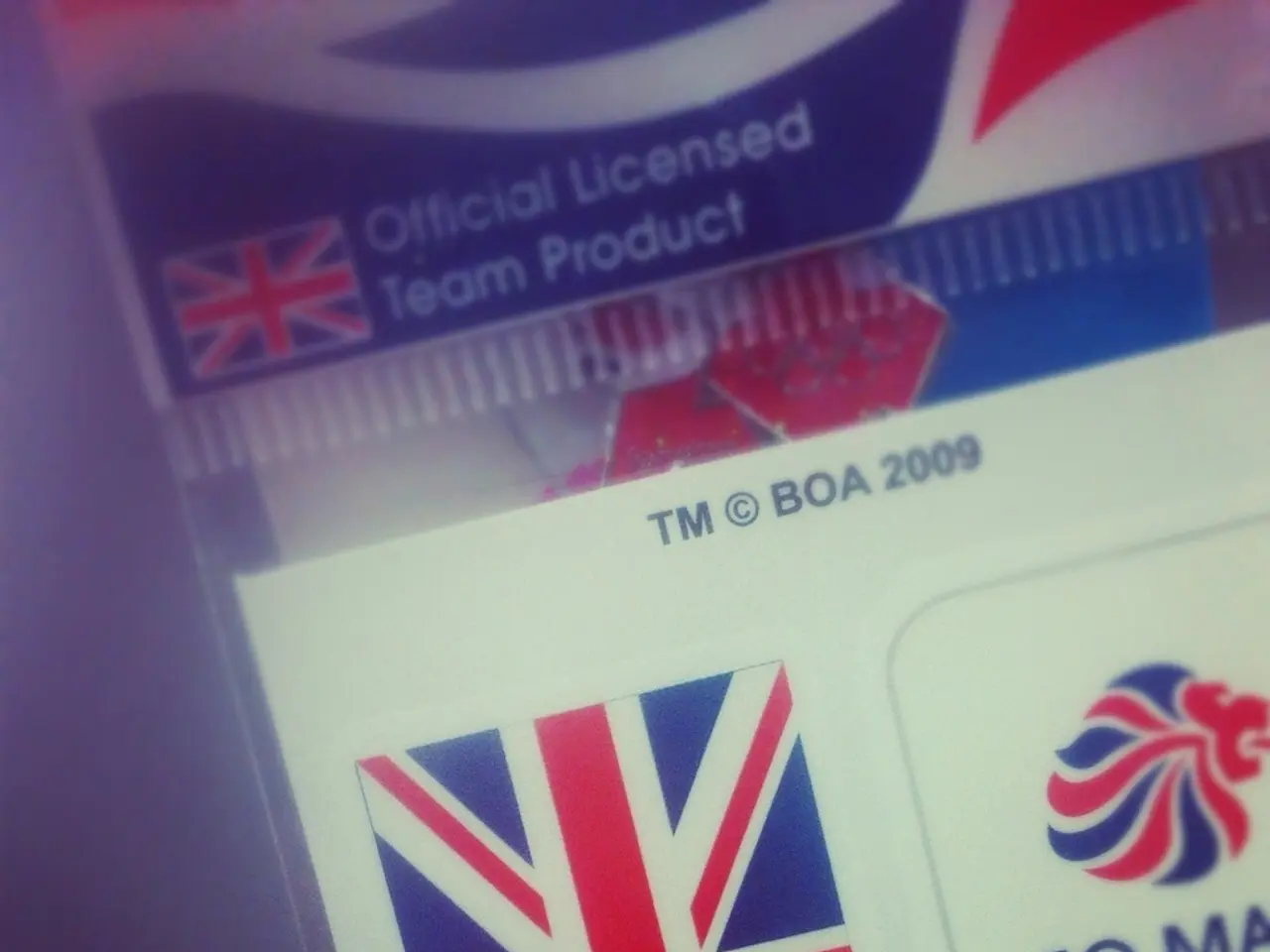Unleashing Economic Growth with Standardized Port Charges under AfCFTA
Port administration suggests potential standardisation of tariffs across regional ports
Ready to bring some order to Africa's trading game? Let's dive into the exciting world of standardizing port charges under the African Continental Free Trade Area (AfCFTA)!
Here's the lowdown: the AfCFTA's primary focus is on eliminating tariffs on 90% of goods traded within Africa. But as we know, it's all about the details. The real challenge lies in addressing those pesky port fees and logistics costs that are holding back intra-African trade, currently accounting for a measly 15% of Africa's total trade. Pales in comparison to Europe and Asia, doesn't it?
But fear not, fellow traders and economists! The standardization of port charges is the key to unlocking AfCFTA's full potential. To overcome the fragmented and often exorbitant bureaucratic and logistical hurdles, we need to align fees for port handling, customs processing, and logistics services across different countries. This way, costs become predictable and transparent, and delays and transaction costs are reduced.
So, where does Ghana and Nigeria factor into this madness?
A Rising Star: Ghana
As a bustling trade hub for West Africa, Ghana stands to reap significant benefits from standardized port charges under AfCFTA. Current inefficiencies and high costs due to non-tariff barriers like inconsistent port fees and custom procedures? Gone! Lower import/export costs make Ghana a beacon of regional trading, promoting more intra-African commerce.
Africa's Giant: Nigeria
The African titan is making waves with proactive steps under AfCFTA, submitting the ECOWAS tariff schedule to eliminate duties on 90% of goods traded within Africa. However, despite tariff reductions, Nigeria's infrastructure and logistical challenges persist, including port congestion, poor road networks, and, you guessed it, inconsistent regulations.
Enter the standardization of port charges. This game-changer would help alleviate logistical bottlenecks by reducing arbitrary fees and streamlining port clearance processes. Nigeria's ₦5.9 trillion infrastructure investment and the establishment of the Afreximbank African Trade Centre in Abuja are steps in the right direction. Standardized port charges create a more friendly environment for SMEs to thrive in intra-African trade.
The impact goes beyond just Ghana and Nigeria.
- Trade Facilitation Boost: Standardized port charges are part of broader trade facilitation measures that reduce tariff equivalents and supercharge trade volume in Africa.
- Barrier Busting: Harmonizing port fees and customs procedures reduces bureaucratic delays and inefficiencies that swallow up tariff gains.
- Industrial Growth Spurt: Lower and predictable port costs spur value chain development, industrial growth, and manufacturing cost reductions across the continent.
- Economic Integration Acceleration: Efficient port operations and standardized charges create a smoother landscape for the movement of goods, capital, and people, driving Africa towards a unified continental market.
In conclusion, a standardized approach to port charges under AfCFTA could be the golden ticket for overcoming logistical nightmares and breathing new life into intra-African trade. Ghana and Nigeria, two major economic powerhouses, are poised to reap the benefits of lower costs, improved trade efficiency, and stimulated economic activities. But let's not forget; the full fruits of this endeavor hinge on continued infrastructure investment and regulatory reforms to complement the harmonization of port charges. Stay tuned, folks; this is just the beginning!
- The standardization of port charges under AfCFTA would not only spur economic growth in Ghana, turning it into a beacon for intra-African commerce due to lower import/export costs, but it would also promote industrial growth and manufacturing cost reductions across the continent.
- By harmonizing port fees and customs procedures across different countries, Africa can reduce bureaucratic delays and inefficiencies that often swallow up tariff gains, thereby facilitating the acceleration of economic integration towards a unified continental market.
- The impact of standardized port charges under AfCFTA goes beyond just Ghana and Nigeria. It could boost trade volume, streamline port clearance processes, and create a more friendly environment for small and medium-sized enterprises (SMEs) to thrive in intra-African trade, thus strengthening the continent's overall financial and business landscape.





